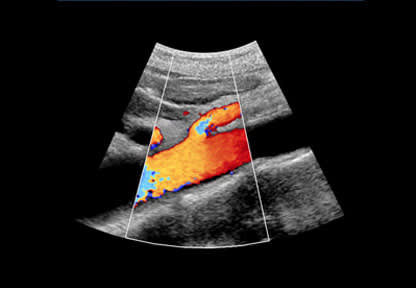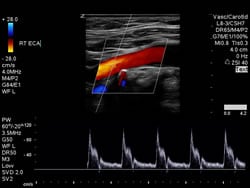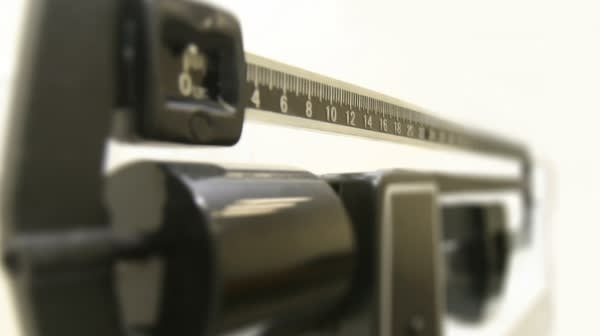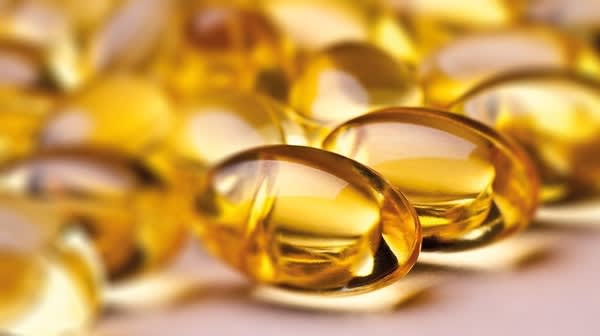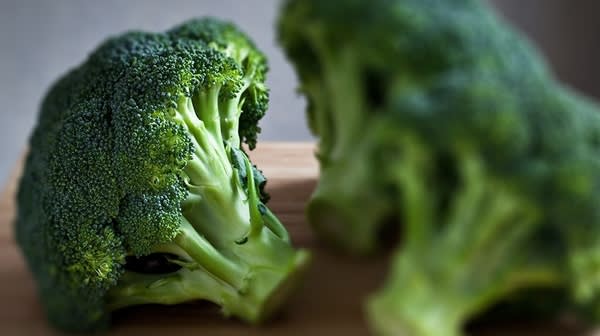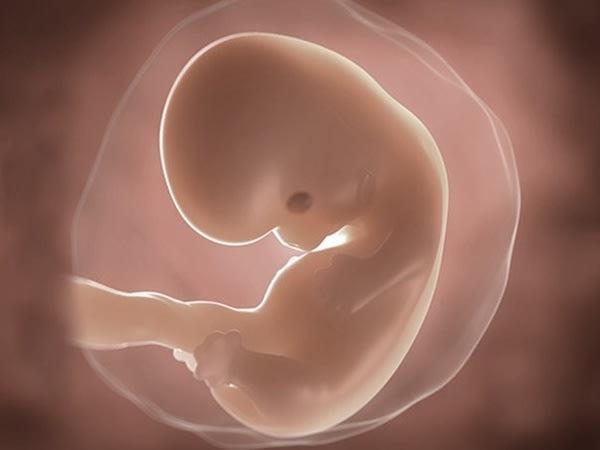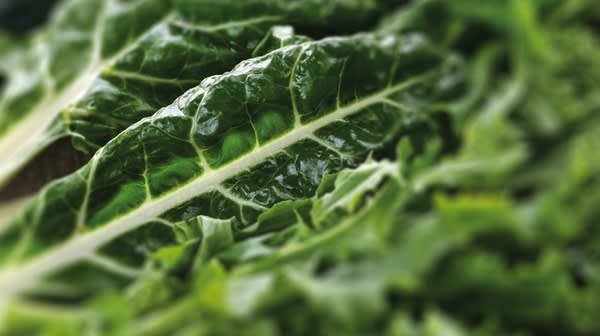Blog
Abdominal Aortic Aneurysm Screening
Sunday 12th March 2017
Abdominal aortic aneurysm (AAA) screening is a way of detecting a dangerous swelling (aneurysm) of the aorta – the main blood vessel that runs from the heart, down through the abdomen to the rest of the body. This swelling is far more common in men aged over 65 than it is in women and younger men. An AAA usually causes no symptoms, but…
Stroke & Carotid Artery Disease
Sunday 12th March 2017
Carotid artery disease is a common cause of stroke. What is carotid artery disease? The carotid arteries supply oxygenated blood to the large front part of the brain. This part of the brain controls thought, speech and personality as well as our sensory (our ability to feel) and motor (our ability to move) functions. Carotid artery disease is the name given to narrowing (stenosis) of one or both of the carotid arteries, located at the front of your neck. The underlying cause of carotid artery disease is usually atherosclerosis (the build-up of fibrous and fatty material inside the arteries), in this case in the carotids. Over time, this material forms…
Weight Gain In Pregnancy
Thursday 9th March 2017
Weight gain is a normal and natural part of a healthy pregnancy. Learn how much weight you should gain depending on your BMI, how to gain weight safely, and why dieting is not recommended. Weight gain: a natural part of pregnancy Weight gain in pregnancy is healthy, natural and necessary. Aside from the additional weight of your baby and increased fluids, your body gradually lays down some fat stores. “Your calorie requirement during pregnancy only increases in the third trimester, when you need an extra 200 calories per day.” During your first and second…
Vitamins & Supplements For Conception
Sunday 26th February 2017
Maintaining a healthy, balanced diet before conception and during pregnancy will help to supply adequate nutrition to your growing baby. Taking supplements that contain key nutrients prior to conception and during pregnancy will enhance your healthy diet and help provide additional support as your baby grows.…
What To Eat To Conceive
Saturday 25th February 2017
From eating a nutrient-rich diet to taking key nutrients in the form of supplements, what you eat can play an important role in increasing your potential to conceive. Discover the benefits of a balanced diet for both you…
Foods To Avoid When Trying To Conceive
Friday 24th February 2017
Nutrition and lifestyle choices can influence your chances of conceiving and your baby’s development once you do become pregnant. In fact, nutrition at this critical stage can also have an impact on your developing baby and their long-term health. For these reasons, you…
Learning Language In The Womb
Tuesday 21st February 2017
When babies begin to hear the world around them, the most important sound they’ll discover is their mother’s voice. This familiar noise will…
40 Weeks Pregnant
Thursday 16th February 2017
By the time you're 40 weeks pregnant, your baby is fully developed and ready for birth. Their nutrition will then be reliant on your own diet via your breast milk, so it’s important to maintain the healthy eating habits that have been beneficial throughout pregnancy. Learn why foods rich in LCPs (long chain polyunsaturated fatty acids) are an essential part of a healthy breastfeeding diet, and how to get them. Week 40: Ready to say hello? Over the last 40 weeks, your baby has grown from a single cell to a well-developed, unique…
Early Signs of Pregnancy
Wednesday 15th February 2017
Understanding the early signs of pregnancy Maybe your period’s late or your boobs are sore – whatever the signs, you really think you might be pregnant. So what do you do? Here’s our guide to finding out for sure if you’re pregnant, what the early signs of pregnancy are, and working out what to do first! Noticing the early signs of pregnancy You may notice the early signs of pregnancy as little as within one week of conception. Most early…
7 Weeks Pregnant
Tuesday 14th February 2017
During week 7, your baby’s arm buds are emerging and flat, paddle-like hands are forming. Iodine supports your baby’s growth at this time. Discover which foods contain this mineral, and why you may want to ask your doctor about taking a daily iodine supplement. Hands are emerging At 7 weeks pregnant, your baby measures anywhere between 42 and 10mm3 long. They are assuming a more baby-like appearance, with arms buds becoming longer, and flat, paddle-like hands emerging. At this stage, your baby’s head is growing faster than their body; a reflection of the rapid and intense brain growth that is happening. Their heart is also developing, and has divided into distinct right and left chambers. At the same time, air passages…
Folic Acid in Pregnancy
Monday 13th February 2017
Folic acid supports your baby’s earliest development, making it a key nutrient for your first trimester of pregnancy. Learn what it does, how much is recommended, and which foods can help to increase your intake to reduce the risk of neural tube problems. Folic acid – protecting your baby’s future health Even before you know you’re pregnant, folate, or folic acid in its manufactured form, is doing its job of supporting…
Exercises to Avoid During Pregnancy
Sunday 5th February 2017
If your pregnancy is straightforward and your doctor or midwife has given you the go-ahead, you can carry on exercising and even start a new routine. Studies now show that it is, in fact, highly beneficial for expectant mums to exercise, or get Active for 2. But there are some guidelines to bear in mind which aim to protect the health of you and your developing baby. Safety first: Check with your midwife Before you begin exercising while pregnant, talk to your doctor or midwife. Whether you’re continuing…



